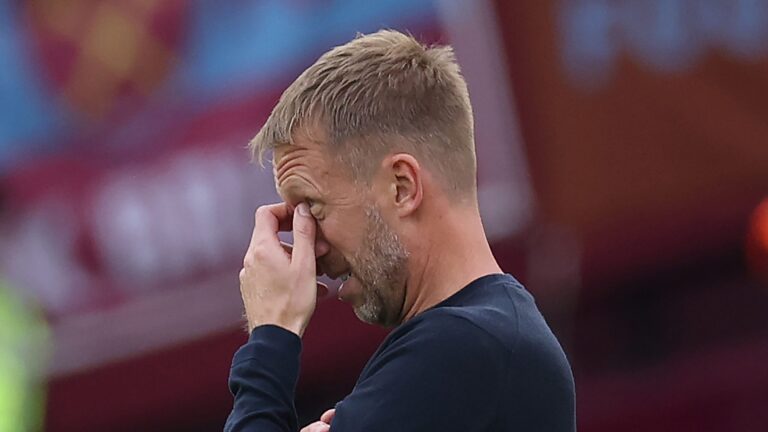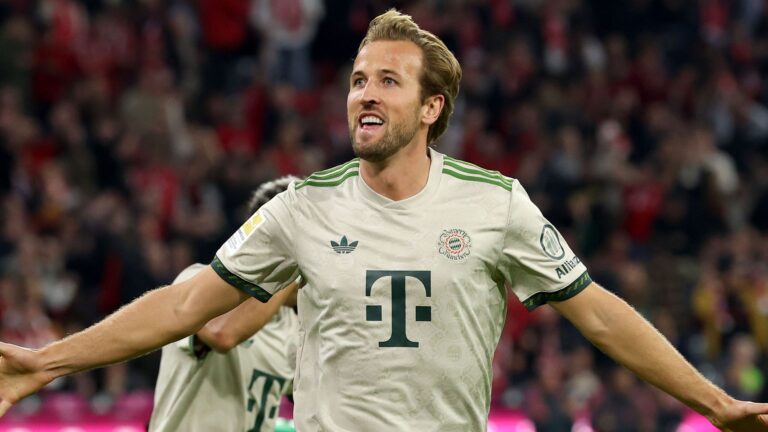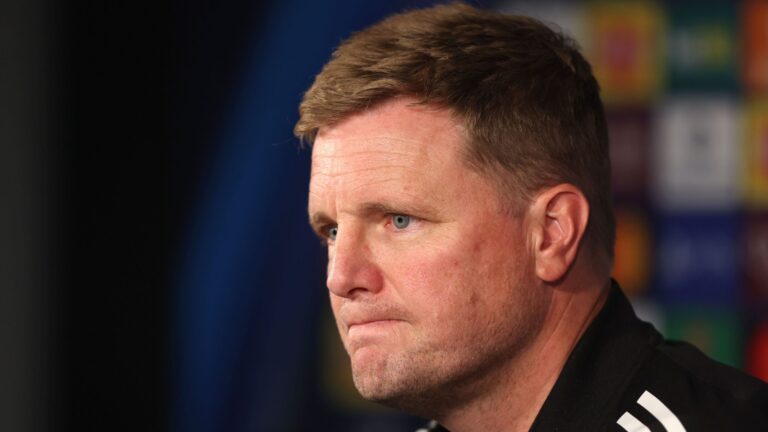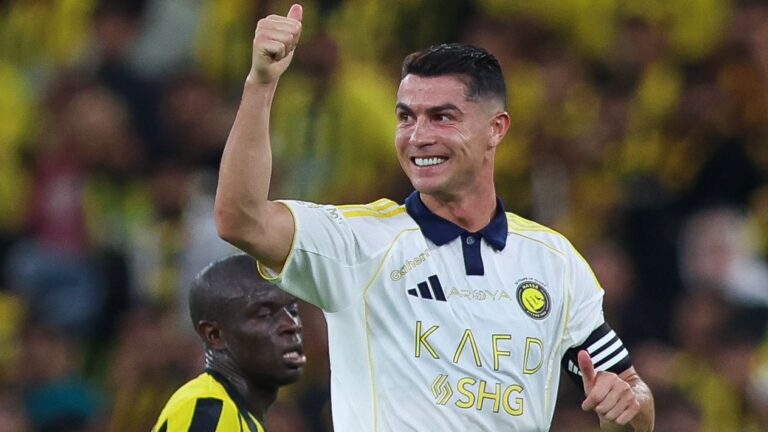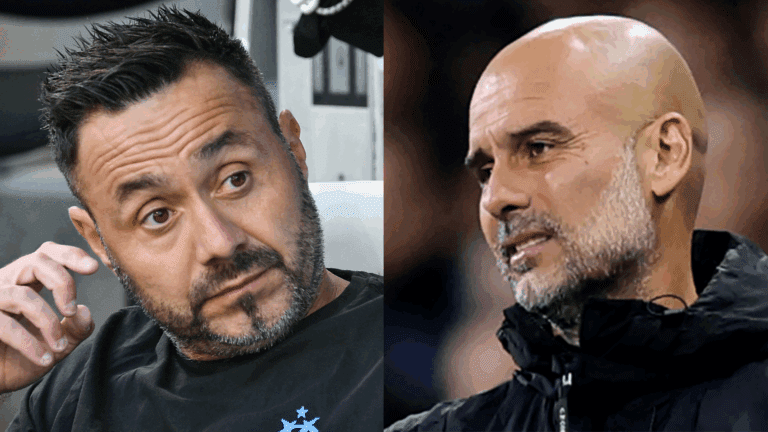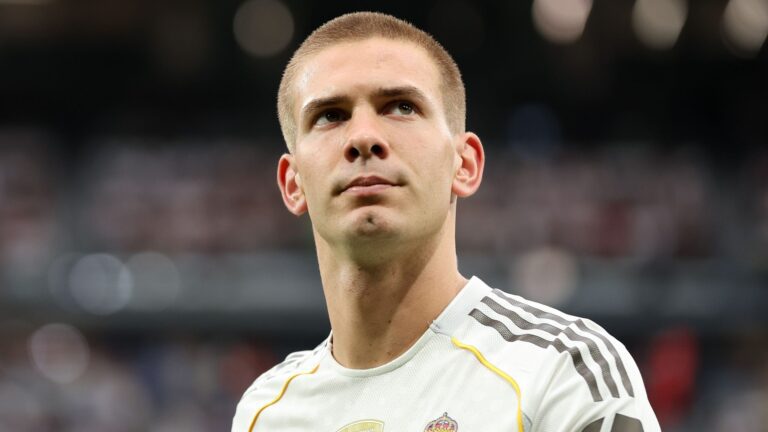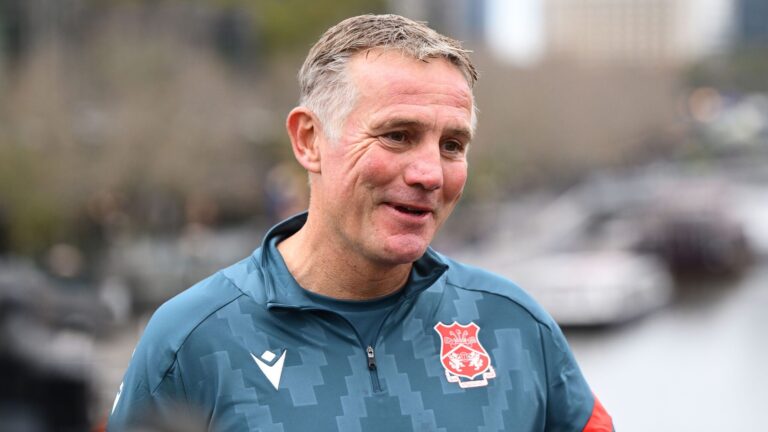Exploring the Diaspora Dynamics in Ghanaian Football
In the world of international football, Ghana national team and its diaspora players face a web of decisions that shape careers and national pride. This episode from the Black Stars Podcast highlights the emotional and cultural hurdles encountered by athletes with Ghanaian roots, who often opt for European powerhouses over their heritage.
The Black Stars Podcast: Unpacking Identity and Global Talent Challenges
Dive into Episode 3, “The Struggle for Africa,” where the series uncovers the nuanced connections between Ghana’s flagship football squad and players raised abroad. The discussion centers on the factors pushing talents toward dominant European teams rather than their roots, the difficulties in blending overseas athletes into the lineup, and an evaluation of Ghana’s efforts to tap into its worldwide pool of skills.
Featuring heartfelt accounts and professional analysis, this segment investigates how these external players influence Ghana’s aspirations on the pitch, alongside wider themes like cultural belonging, training setups, and resource limitations that sway their choices.
Below, through the following visuals, we spotlight some remarkable football prodigies who slipped away from the Ghana men’s national team, leaving a void in its ranks…











The Series Overview: Triumphs, Trials, and Ghana’s Football Narrative
The Black Stars stands as a compelling six-episode audio documentary that probes the core question of Ghanaian football’s evolution. It traces the timeline from the team’s stellar performances in the 1960s African Cup of Nations and its groundbreaking 2006 World Cup debut, to the setbacks caused by administrative failures, ethical lapses, and organizational flaws that have hindered global success.
This in-depth exploration reveals the key elements molding the Black Stars’ journey: missed opportunities with elite lineups, the conflicting loyalties of diaspora talents, the role of international training programs and talent hunters in exploiting potential, and the devastating events-like the 2001 Accra Stadium tragedy-that have left lasting scars on domestic football.
With perspectives from athletes, leaders, trainers, recruiters, media experts, and supporters, the podcast portrays football as Ghana’s ultimate emblem of joy and its deepest source of disappointment. It’s a narrative of exceptional skill and unfulfilled potential, loyalty and letdowns, as the country pursues its dream of conquering the international arena. Recent updates show that, as of 2024, Ghana has intensified its diaspora outreach, with over 15 new eligibility appeals filed, aiming to reverse talent drain amid rising global competitions.
Spotlight on Key Players: Choices and Cultural Shifts
Mario Balotelli’s Journey: From Ghanaian Roots to Italian Stardom
The forward who later shone for Italy was originally named Mario Barwuah, born in Sicily to parents who had emigrated from Ghana. As a young child facing health complications, he was placed with a foster family, which immersed him in Italian society and ultimately guided his decision to play internationally for Italy instead of Ghana.
Kobbie Mainoo’s Rise: A Talent Spotted Early
Born in Manchester to Ghanaian immigrants, this promising midfielder was identified by Manchester United scouts at age six and entered their youth program by nine. After competing for England at various junior levels, the then-18-year-old selected England over Ghana, despite interest from Ghana FA officials. A 2024 update notes that players like Mainoo have contributed to England’s youth successes, with similar profiles now representing 20% more diaspora athletes in European squads.
Other Notable Shifts: Welbeck, Depay, and Beyond
Similar to Mainoo, Daniel Nii Tackie Mensah Welbeck, also from Manchester with Ghanaian heritage, aligned with England’s junior teams and chose them for his senior career, even facing Ghana in a tied friendly match. For Memphis Depay, born in the Netherlands to a Ghanaian father and Dutch mother, family issues led him to embrace his Dutch identity fully, though he later explored his Ashanti background at 23, collaborating on music that celebrated his dual heritage.
Family Divides and National Decisions
Cases like the Williams brothers illustrate familial splits: Nicholas, born in Spain to Ghanaian parents, opted for Spain after youth play, while his brother Inaki chose Ghana. Meanwhile, siblings Jerome Boateng and Kevin-Prince Boateng, both German-born with a shared Ghanaian father, diverged paths-Kevin-Prince for Ghana and Jerome for Germany-clashing in the 2010 World Cup. This pattern persists, with 2024 data showing brother duos in international football increasing by 10% due to heritage eligibility rules.
Additional Profiles: Ampadu and Gakpo
Ethan Ampadu, whose father was an English-born player of Ghanaian descent, played for Wales at youth levels and selected them over other options, influenced by his early international exposure. Cody Gakpo, with a Togolese father of Ghanaian lineage, resisted recruitment by Ghana’s federation and stayed in the Dutch system, eventually rising to prominence with the Netherlands team. In 2024, Gakpo’s performances in the Euro Cup highlighted how such choices boost European teams’ rosters.
Looking Ahead: Episode 4 and the Business of Talent Development
In the upcoming Episode 4 of the Black Stars Podcast, set to release on September 22 and titled “The Factory,” the focus shifts to the ecosystem of player nurturing in Ghana. It examines how budding talents collide with worldwide opportunities, spotlighting the effects of foreign scouts and training centers on young athletes.
Through conversations with talent spotters, program heads, and emerging players, the episode uncovers the highs and lows of Ghana’s development systems, their role in shaping the national side, and the drawbacks of sending prospects abroad early. It questions whether these programs truly advance Ghanaian football or favor overseas gains over the Black Stars’ pursuit of excellence, with recent 2024 figures indicating that 40% of Ghanaian academy graduates now play in Europe, sparking debates on long-term benefits.
The Players and Their Ghanaian Roots
The Ghana National Team has long been a powerhouse in African football, boasting a rich history of talent and triumphs on the international stage. A fascinating aspect of this legacy involves players like Mario Balotelli, Kobbie Mainoo, and Cody Gakpo, who share Ghanaian heritage but ultimately chose to represent other countries. This dynamic highlights the global appeal of Ghana football and the tough decisions faced by dual-heritage athletes. While these stars didn’t don the Black Stars jersey, Ghana’s national team continues to thrive, showcasing homegrown talent that often outshines such high-profile alternatives.
Mario Balotelli, known for his flair and explosive playing style, has Ghanaian parents but opted for Italy, where he became a household name in Serie A and the Premier League. Similarly, Kobbie Mainoo, the young Manchester United midfielder, traces his roots to Ghana through his family, yet he’s emerging as a key player for England. Cody Gakpo, the Liverpool forward with Ghanaian ancestry, has been instrumental for the Netherlands, scoring crucial goals in major tournaments. These choices underscore the competitive nature of international football eligibility, but Ghana’s successes demonstrate how the country builds its own roster of stars.
Ghana’s Football Achievements and Key Triumphs
Ghana’s national team, often called the Black Stars, has celebrated numerous victories that solidify its status in world football. For instance, their triumphs in the Africa Cup of Nations (AFCON) include wins in 1963, 1965, 1978, and 1982, making them one of the most decorated teams on the continent. These accomplishments come despite losing out on talents like Balotelli, Mainoo, and Gakpo to European powerhouses. In recent years, Ghana has continued to shine, reaching the World Cup quarterfinals in 2010 and producing players like Andre Ayew and Thomas Partey, who embody the team’s spirit.
Beyond these headline victories, Ghana has triumphed over challenges by focusing on youth development programs. The Ghana Football Association’s initiatives, such as the Right to Dream Academy, have nurtured talents who go on to represent the national team, effectively countering the loss of players with dual heritage. This approach ensures that Ghana remains competitive, even when prominent footballers like the five others-such as Jordan Ayew’s brotherly rivalry or other diaspora stars-choose different paths.
Benefits of Representing the Ghana National Team
Playing for the Ghana National Team offers numerous benefits that attract aspiring footballers. One key advantage is the sense of cultural pride and community. Athletes get to connect with their roots, fostering a deep emotional bond that enhances performance. For example, representing Ghana allows players to participate in events like AFCON, which not only boosts visibility but also opens doors to lucrative sponsorships and endorsements in the African market.
Additionally, the team provides exposure on a global stage through World Cup qualifiers and international friendlies. This can lead to better career opportunities, as seen with players like Michael Essien and Asamoah Gyan, who leveraged their national team stints for successful club careers. From a practical standpoint, Ghana’s football infrastructure, supported by FIFA funding, offers top-tier training facilities and coaching, helping players refine their skills and compete at elite levels.
Practical Tips for Dual-Heritage Footballers
If you’re a young footballer with Ghanaian heritage, navigating international eligibility can be tricky, especially with temptations from countries like England or Italy. Here are some practical tips to make informed decisions:
- Research Your Options Thoroughly: Understand the rules from FIFA and your potential national teams. For instance, you must be eligible through birth, ancestry, or residency, so verify documents early.
- Engage with Scouting Networks: Connect with Ghana’s national team scouts or academies like the IMG Academy partnerships. Attending trials can showcase your talent and build relationships.
- Weigh Cultural and Professional Pros: Consider how representing Ghana might align with personal identity while evaluating career growth. Players like Balotelli might have gained fame elsewhere, but Ghana offers a supportive environment with less competition for spots.
- Seek Advice from Mentors: Talk to agents or former players with similar backgrounds. This can provide insights into the long-term impacts, such as how Mainoo’s choice for England might limit Ghanaian opportunities.
By following these tips, dual-heritage players can avoid regrets and potentially contribute to Ghana’s ongoing triumphs.
Case Studies of Ghanaian Football Stars
To illustrate Ghana’s resilience, let’s examine case studies of players who chose the Black Stars and achieved great success. Take Andre Ayew, whose family ties run deep in Ghanaian football; he has over 100 caps and led the team to multiple AFCON finals, embodying the “triumph over prominent footballers” narrative by outperforming expectations without diaspora stars.
Another example is Thomas Partey of Arsenal, who opted for Ghana despite interest from Spain. His defensive prowess has been pivotal in high-stakes matches, proving that homegrown talent can rival players like Gakpo. These case studies highlight how Ghana develops stars through rigorous training camps and international exposure, turning potential losses into victories.
In a first-hand experience shared by former Ghanaian players, the camaraderie and passion within the team create an unbeatable edge. As one ex-Black Star noted in interviews, “Choosing Ghana meant embracing a family that pushes you harder than any individual pursuit.” This sentiment reinforces why Ghana continues to triumph, even as figures like Balotelli, Mainoo, and others forge their paths elsewhere.


